leningrad
TNPer
- TNP Nation
- East Pordan

East Pordan
A Communist One-Party Socialist State | Strength Through Compliance
(( Information in this guide is written from an outsider's perspective. It is supposed to read as more of a news article, or documentation, than it is a personal encounter. ))
Introduction
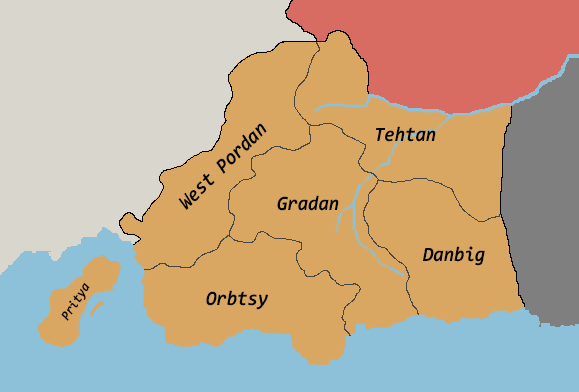
Regional map of East Pordan
A provisional government, which was formed of various People's Party officials, established the core structure of East Pordan. This was mainly an administrative process, as further development of the country was delayed until after the 30th November National elections.
These first elections were for the purposes of appointing representatives of the People's Party out of a pre-selected candidate list. The November Elections were mainly for assigning representatives to regional seats of government, whereas the upper-house of government (Central Committee) was appointed by, and includes, the Pordinian People's Movement's leadership.
Civil War and Formation
On the 6th April 2017, following a bloodbath at a protest event in the capital of former-Pordan, Orbsty (in the Orbsty Region), civil war broke out. The event, organised by the various planning groups within the Pordan People's Movement, turned ugly when Pordan Police teams fired teargas, rubber shotgun shells, and stun grenades into the crowds. The organisation, who had been peaceful up until that point, were able to rally aggressive weaponised support.
Initially the police forces pushed back, clearing the square on which the protest took place. However, members of the Pordan Militia, an armed branch of the Pordinian People's Movement responded with automatic fire. From here, clashes throughout the capital city continued for days.
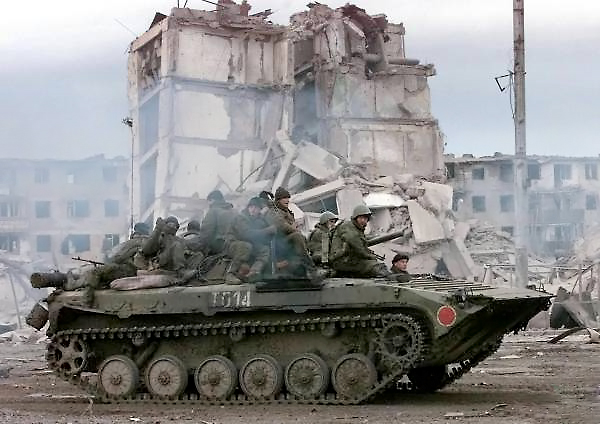
Pordan People's Movement BMP 1 Armoured Troop Carrier in northeast Orbsty
Casualties within the two forces were relatively minimal, however civilian casualties are still being discovered and counted.
The October Agreement and the Demilitarised Zone
As the civil war cooled somewhat and the two forces reached a stalemate, both sides agreed to peace talks. This eventually lead into the October Agreement. This imposed a permanent ceasefire, a demilitarised zone (DMZ), and territorial agreements. However, the October Agreement did not include any stipulation that the war between the two now-countries was over.
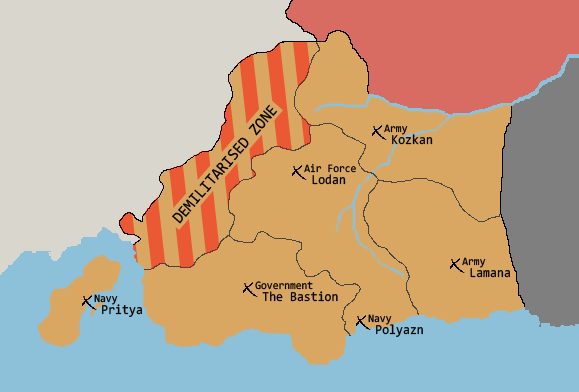
Strategic Map of East Pordan, based on former Pordan locations
West Pordan
West Pordan, the right-wing former governing entity, has been exiled to the West Pordan region (renamed from Polas following the October Agreement), which is blanketed with the Demilitarised Zone. The October Agreement stipulates that the West Pordanians are entitled to a military presence in their northern capital city of Putcha.
The West Pordan government, which still claims to be the governing body of the whole of the Pordan territory, is considered to be a government in exile.
The East Pordan Ministry of the Interior is currently searching for former members of government. While some former Ministers have been arrested and unheard from, there are a number of Ministers still at large. It is believed that a number of them have fled abroad.
Early Steps
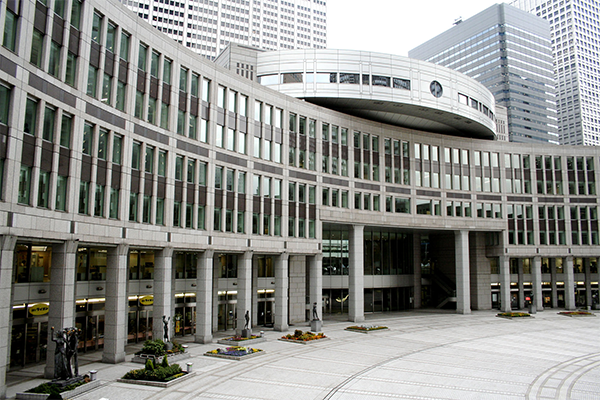
The Bastion Building
Initially, government was in disarray. A Central Committee was established, which contains the same members in the same positions as it does today. These members are listed in the section marked "Upper Government". After a month had passed, which gave the Central Committee time to establish, organise, and legislate their respective Ministries (also outlined in the Upper Government section), the November elections were held for the lower house of government.
The elections were met with criticism from the newly divided West Pordan, who claimed the elections to be rigged. This rhetoric was not met with an answer from the East Pordinians, other than to state that they were busy organising their state.
By mid-November, all one hundred seats of the lower house had been filled, and the Ministries were operational and the East Pordinians embarked on a process of refining governmental process and reforming legislation.
Upper Government
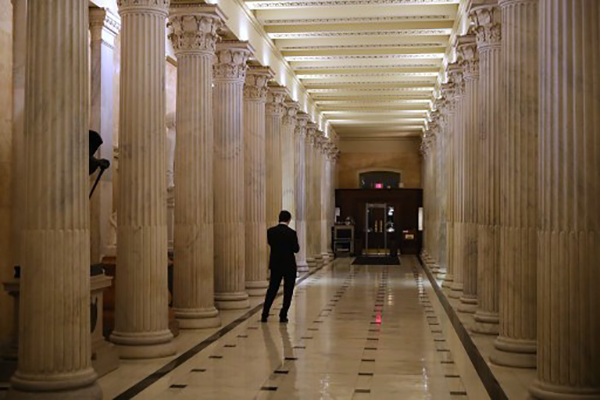
Upper-House Hallways
The upper-house of government, which is named the Central Committee, is formed of "Secretariat"s of the Ministries. These Secretariats are appointed by the Grand Secretariat. This group, which is often closed off from the world, with no public records of discussions and votes cast, is formed of only a handful of members.
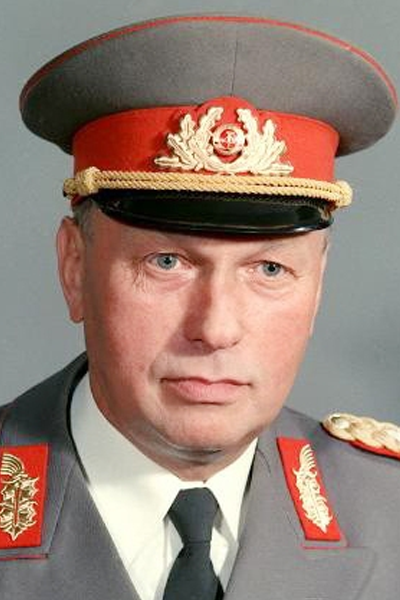
Grand Secretariat Alek Kozlov
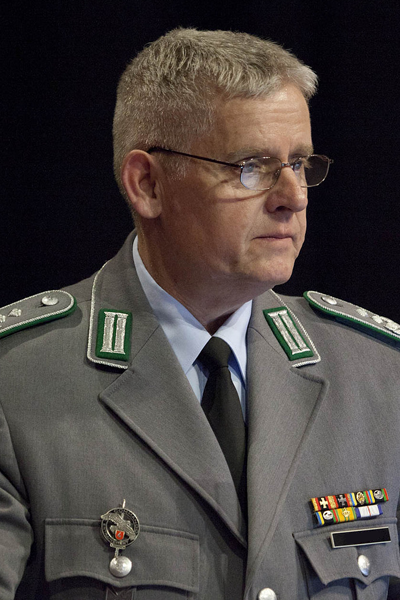
Deputy Secretariat Pribik Kolarov
Other, less powerful, members of the Central Committee include...
- Secretariat of the Ministry of Military Affairs Field Marshal Zivek Vinograd, is the commander of the armed forces of East Pordan, and has retained his military position from his command in the civil war.
- Secretariat of the Ministry of Commerce Bela Puchta, is tasked with the management of the state-planned economy and integration with external trade.
- Secretariat of the Ministry of Industry Leonid Hryshchenko, who was a pro-socialist industry leader during the build up to civil war, is responsible for the management of all things industrial.
- Secretariat of the Ministry of International Affairs Dr Svetla Tichonov, manages foreign policy and relations with various external countries, NGOs, and IGOs.
- Secretariat of the Ministry of Technology and Development Bogdan Savić, a hard-working ex-engineer who joined the movement in 2015 and has offered invaluable technical knowledge to the organisation.
Lower Government
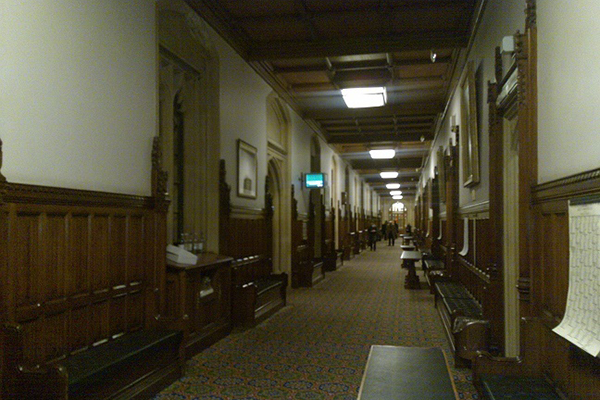
Lower-House Hallways
Business of the Representatives involves discussing the legal implementation of local policies, as well as the debate over bills to be submitted to the Central Committee for their debate and approval/rejection. Representatives have no direct involvement in the Ministries that the Secretariat's represent (which are powered by civil servants).
Law Enforcement and Armed Forces
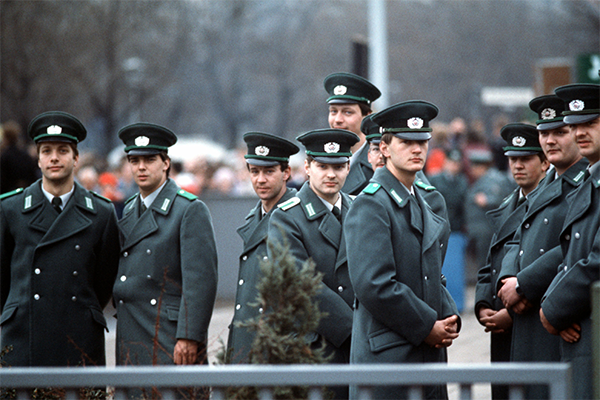
East Pordan Police Corps
It has been suggested that there exists some kind of secret branch of the EPPC, but no official sources have confirmed this, nor is there any evidence to support it.
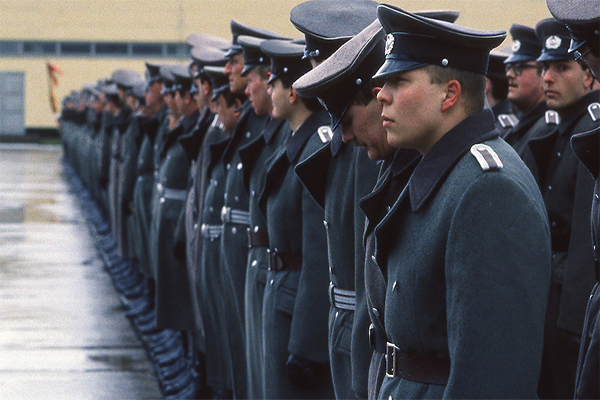
East Pordan Military Parade
Information on their current equipment and systems is somewhat vague due to the loss of documentation and constant changing hands of weaponry during the civil war. What is known however is that Field Marshal Zivek Vinograd is pushing for a more mechanised approach to the armed forces.
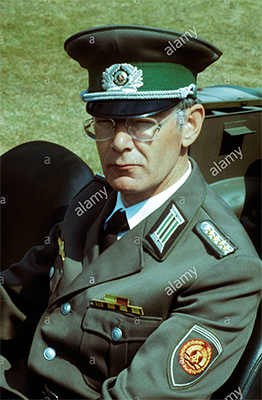
Secretariat of the Ministry of Military Affairs Field Marshal Zivek Vinograd
In recent months, West Pordan has released documents which suggest that Field Marshal Vinograd, while a Captain in the Pordinian Armed Forces, was involved in violations of the Geneva Convention during a small border conflict in 1999. Papers indicate that Vinograd was the commanding officer of a company of infrantry which was reported to have ransacked hospitals.
While the story of Pordinian soldiers destroying medical equipment, forcing civilian patients out of the facility, and reportedly executing staff, has been declared true; The involvement of Vinograd has been called into question by the East Pordan government, claiming that this is simply another wave of propaganda and viscous aggression
Culture & Language
East Pordan has a rapidly developing culture. Following the victory of the Pordan civil war, the way in which Pordinians live their lives and express themselves is changing rapidly.
While Pordinian (language) is somewhat Germanic, it has recently become more Slavic in tone and dialect. Experts put this down to the East Pordinian government mainly being formed of people from the East of Pordan, and their public presence wearing off on the people.
Some insider sources have suggested that this change is language is also in part due to a change in curriculum, which teaches Pordinian in the dialect of the East (however this is unconfirmed).
Last edited:

